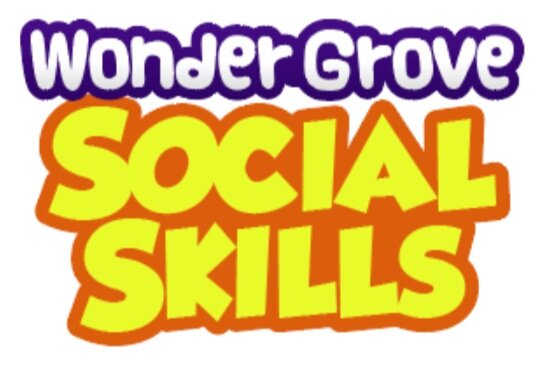FAQs
What is WonderGrove Social Skills?
WonderGrove Social Skills is a program of 300+ instructional animations and 2000+ printable extension lessons for grades K-2. The videos and CCSS-aligned lessons cover social skills, life skills, social-emotional learning, health, creative play, and more. You can purchase yearly or monthly.
What is the difference between WonderGrove Social Skills and WonderGrove SOAR?
WonderGrove Social Skills and WonderGrove SOAR use the same 300+ high-interest animations. WonderGrove SOAR differs from WonderGrove Social Skills in that SOAR is made for special education classrooms with extension lessons adapted for students with exceptionalities.
What are social skills for elementary students?
Elementary students should have a solid basis of social skills so that they can thrive in school and in their relationships. This includes skills such as: being polite, sharing, basic hygiene, appropriate words, self-regulating emotions, keeping their hands to themselves, and respecting other people. WonderGrove Social Skills teaches these skills through instructional animations rooted in research.
How do I teach my child social skills?
Teaching your child social skills doesn’t have to be overwhelming! Common activities such as roleplaying, asking your child questions about how they're feeling, being a good role model, recognizing and understanding emotions in self and others, and taking turns are easy ways to promote social skills naturally. Social skills animations, such as WonderGrove, are a great way to engage young children and help them integrate social skills into their lives.
What social skills should a 5 year old have?
Around five years old a child should be able to take turns, play in a group setting, play with imagination, identify their feelings, act appropriately in speech and personal space, know right from wrong, work in a team, and follow the rules of a game or activity. WonderGrove Social Skills has hundreds of animations modeling appropriate behavior!
What are some examples of social or emotional needs?
The social and emotional needs of elementary students encompass much of their interactions with others, as well as internal feelings and regulations. Many emotional needs are rooted in stability such as the need to be safe, be understood, receive attention, and have a sense of control. Social needs include feeling as though one belongs, understanding others’ emotions, and the ability to regulate one’s emotions. By giving students tools to navigate their emotions and understand others’ reactions through empathy, we empower students to take control of situations in which they previously felt out of control.
What are some social-emotional activities for preschoolers?
Social-emotional activities for preschools should engage their understanding of emotion, others’, and themselves. This can be accomplished through team games, roleplay, reading or viewing stories (such as WonderGrove), puppets, board games, sports, and mindfulness activities such as emotional identification and breathing exercises.
What are basic life skills?
Life skills must encompass personal skills, the ability to care for oneself, communication/interpersonal skills, decision making and problem solving skills, creative and critical thinking, empathy, self-control, resilience. WonderGrove has hundreds of animations modeling desired behaviors for school and home.
What life skills should I teach my child?
From preschool to second grade, children should learn safety skills (how to make an emergency call, bicycle and car safety), simple cleaning tasks (such as helping in the yard, putting away toys) responsibility (through pets, hygiene), how to use money, and the ability to dress oneself. After these basic life skills are met, children can begin to be involved in household organization, simple budgeting, and problem-solving discussions.
